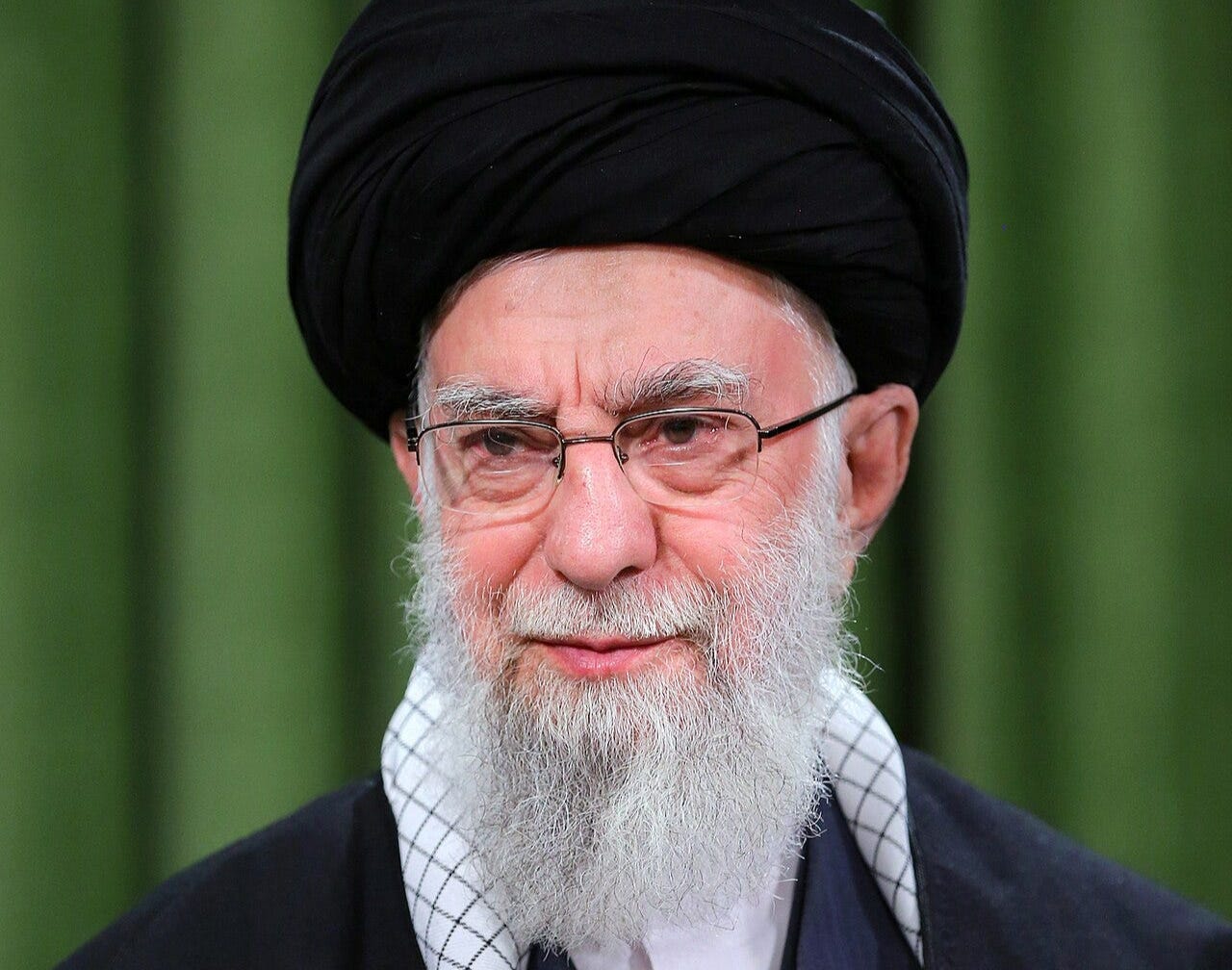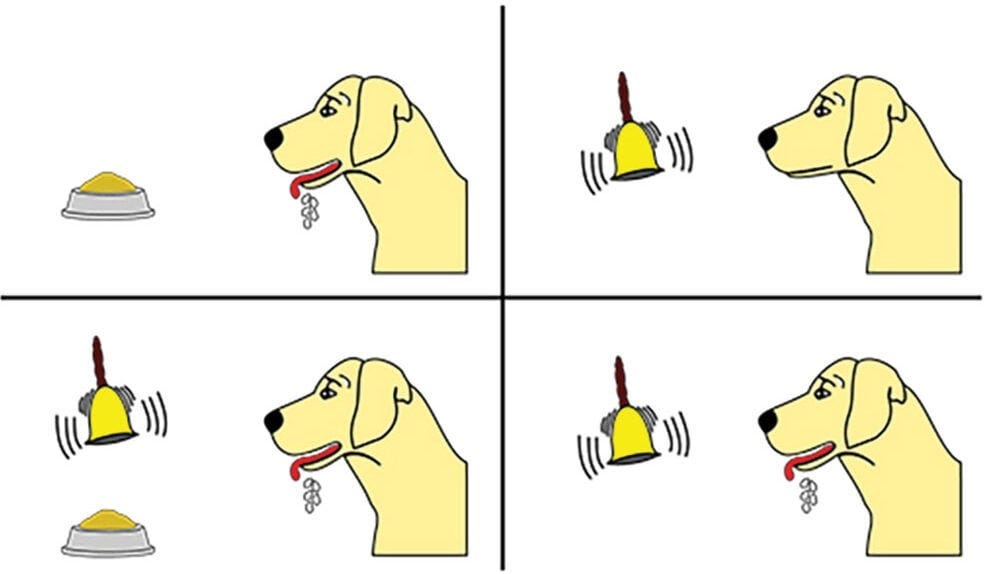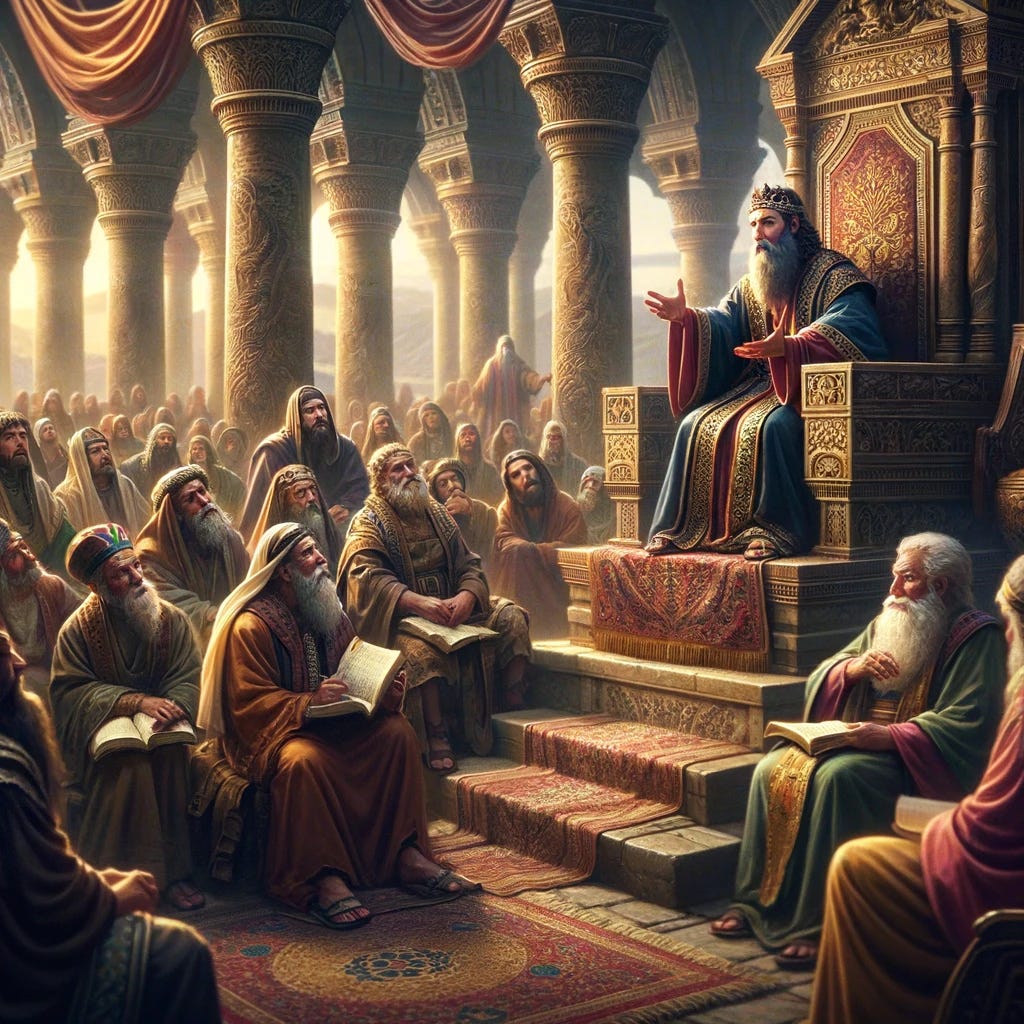In the ‘Book of Proverbs,’ King Solomon advises, ‘Do not rejoice when your enemy falls, and let not your heart be glad when he stumbles.’ This ancient wisdom advises us against delighting in the misfortunes of others, even those we consider enemies. This quote recently came up a lot on my Twitter feed along with the news of the helicopter crash that killed Iran’s president — a country that has openly threatened and just a month ago (!), attacked my homeland, Israel.
Given the recent attacks, where I had to hide in a shelter with missiles from Iran exploding literally above my head — why shouldn’t I celebrate? Why does King Solomon tell me not to rejoice in his death? They are working on a nuclear bomb just for me for fuck’s sake! Isn’t it reasonable to be glad that they’ve taken a hit?
MR. SOLOMON, WHAT DO YOU WANT?
The Dog
We can interpret King Solomon’s saying in many ways. I’ll try to explain the science behind it. To understand the science, we need to take a look at a dog. I’ll give you a hint: it’s not just a regular dog, it’s Ivan Pavlov’s dog. Ivan Petrovich Pavlov was a Russian and Soviet experimental neurologist and physiologist. Ivan came up with what we know today as ‘Classical Conditioning’, where he famously used the sound of a bell to condition dogs to expect food, causing them to anticipate food even when no food was present. He created neural connections in the dog’s brain between the bell and the food.
In PTSD, similarly, a soldier may hear a car backfire and react as if it were a missile. This is a neural connection between the sound and the threat. He hears the car and thinks there’s a missile on its way. When two things happen together, we, as pattern recognition machines, tend to connect them in our brains, so that the next time we encounter the first signal, we will be prepared for the second one to follow.
The King
What the hell does Pavlov’s conditioning have to do with the king saying ‘Do not rejoice when your enemy falls’ and with the dead Iranian president? Pavlov’s findings reveal how deeply our brains link associated events. When we celebrate the death of an enemy, we also, by design, condition ourselves to view any death as a cause for celebration no matter who the deceased was. These connections are formed deep within our brains, bypassing our conscious awareness. Similar to how the soldier can’t tell the difference between the car backfire, and the missile, we wouldn’t be able to tell the difference between the death of a loved one, and the death of the enemy. While it might not seem like it on the surface, deep down, our brains begin to tie the intense relief and joy of that moment to the concept of death itself. It will become part of who you are — your instincts and your gut feelings (literally). Look at the following sentence: ‘I celebrate the death of my enemy’. Within that sentence, I also simply say that I celebrate death.
The Nuance
I don’t think celebrating death is necessarily a bad thing. I even think it’s beautiful. There are places in the world where death is celebrated from a place of respect for the deceased and acceptance of the life cycle, such as ‘Day of the Dead’ in Mexico or the ‘Obon’ death ritual in Japan (‘O’ = honor). But that’s not the case here. I think King Solomon understands this nuance and chooses his words carefully. He is referring to neither a ‘casual’ death nor a normal celebration. There’s a nuance there, which makes up the essence’s root. The joy is soaked with revenge, and the death is painful. So in fact, it’s a celebration of pain. We are happy that another person is suffering.
It reminds me of the ‘Cruciatus Curse’ in Harry Potter. This spell shows the pleasure people take in the pain of others. Scene A, Scene B. Whenever we celebrate pain, we are trading a grain of empathy for a grain of cruelty.
King Solomon warns us of this very danger — It’s a slippery slope. Before we know it, we find ourselves celebrating aspects of life that are tragic, and normalizing what should be mourned. We will take pride in things that we should be ashamed of and we will turn sad realities into happy memories, and what do we do with happy memories? We would want to create more of them. Such conditioning, I believe is the door to a whole lot of horrible things, like dehumanization, and suicide bombers. It’s a gateway drug.
Protect yourself by all means. We have a Jewish phrase that says, “He who is merciful to the cruel will end up being cruel to the merciful”. I’m not asking you not to protect yourself. Stand Your Ground. I do ask tho, once you do eliminate your enemy, is joy the emotion that you would pick?
‘We’re embarrassed about things we should be proud of and proud of things we should be embarrassed about’. Jerry Seinfeld









